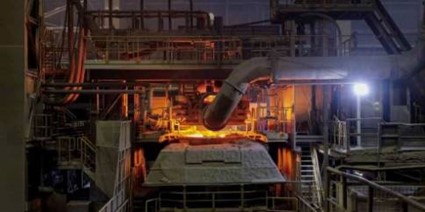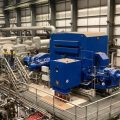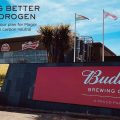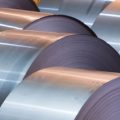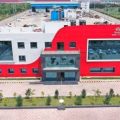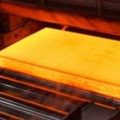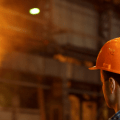ARCELORMITTAL GERMANY WANTS TO CONVERT ITS FOUR PLANTS TO EMISSION-FREE STEEL PRODUCTION
55 million. This is the amount the German federal government has announced it will provide to help finance part of a new ArcelorMittal steel plant. Federal Environment Minister Svenja Schulze has confirmed the Federal Government’s support for the construction of Germany’s first industrial-scale hydrogen-based DRI plant.
With this funding, the German government will provide half of the total planned investment of EUR 55 million to finance ArcelorMittal’s industrial-scale hydrogen DRI system.
Uwe Braun, CEO of ArcelorMittal Hamburg, said: “For the first time we will be able to produce 100,000 tonnes of DRI for steel production using hydrogen. The technology can be transferred directly and shows how other steel mills in our group, for example in Bremen and Eisenhüttenstadt, can switch to climate-neutral steel production”.
Braun also adds that making low-carbon or carbon-free steel is significantly more expensive than traditional steelmaking. “We continue to count on political support for these challenges, to create the framework. The German federal government’s intention to provide funding helps our project, for which we are very grateful. Now we need the approval of the European Commission so that words can be followed by deeds,” he says.
Currently, DRI is produced using natural gas to reduce iron ore. In a transition phase, the reduction of iron ore with hydrogen will first be demonstrated with hydrogen from the waste gas separation in the Hamburg plant. As soon as it is available in sufficient quantities and at an affordable price, green hydrogen, obtained from the electrolysis of water using renewable energies, will be taken.
As a next step, the European Commission must approve the German government’s intention to provide funds before construction of the new facility can begin. Production is scheduled to begin in 2025. The plant is an important part of ArcelorMittal Germany’s Steel4Future strategy, which envisages the conversion of its four German plants in Hamburg, Bremen, Duisburg and Eisenhüttenstadt to emission-free steel production in the coming years.
By 2030, ArcelorMittal plans to produce more than one million tonnes of carbon-neutral steel per year at the Hamburg plant alone, saving around 800,000 tonnes of CO2 emissions per year.

